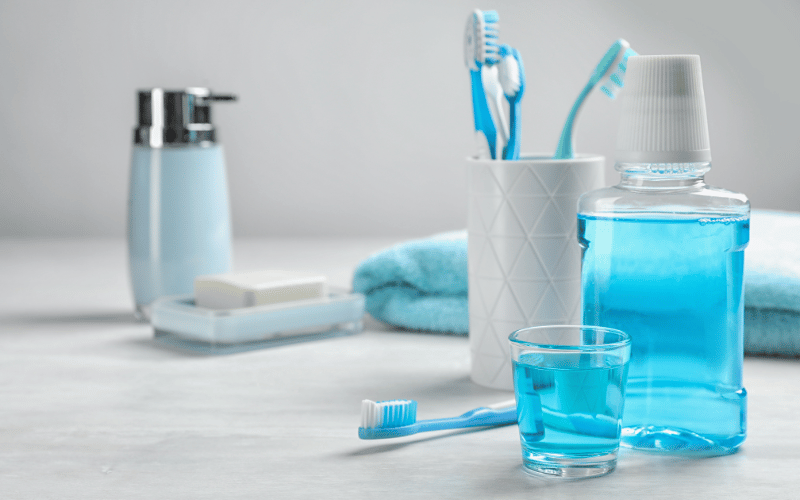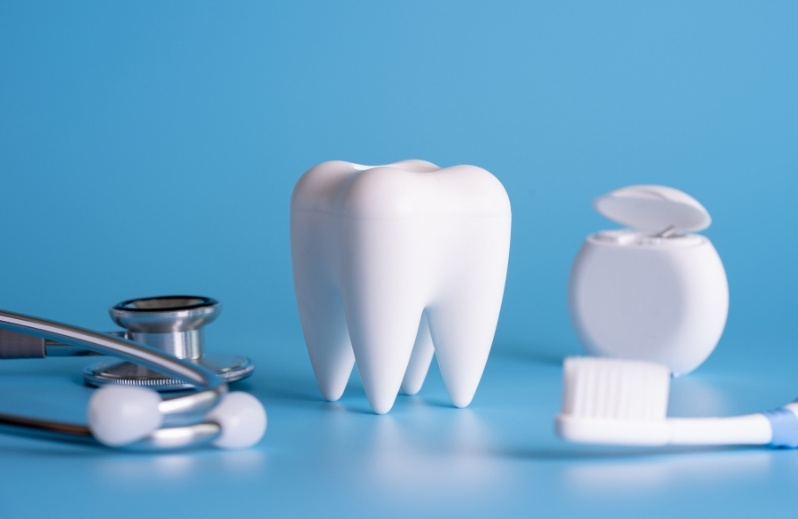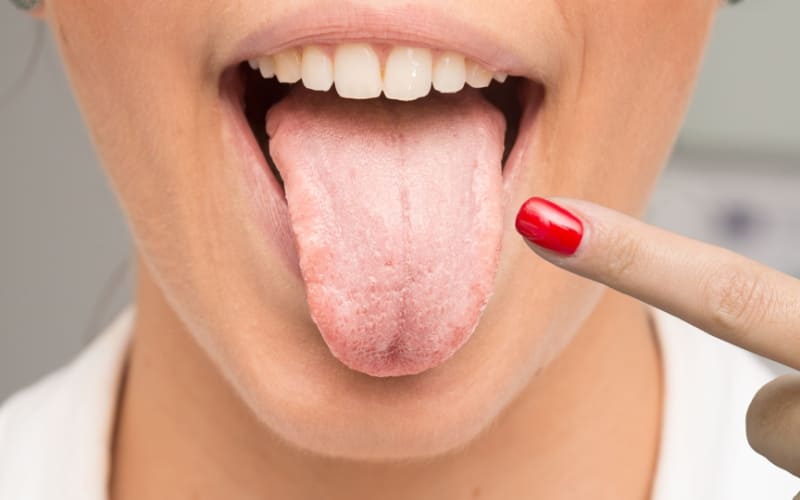Call: (810) 674-3060
Why Are Fluorides Important In Dentistry?

What are Fluorides?
Fluorides are chemical compounds that contain the fluoride ion (F-). They are derived from the element fluorine, which is a highly reactive nonmetal. They are commonly encountered in various forms, including inorganic compounds like sodium fluoride (NaF), calcium fluoride (CaF2), and potassium fluoride (KF), as well as organic fluorides found in some pesticides, pharmaceuticals, and industrial chemicals.
Fluorides are notable for their role in dental health, as fluoride ions help to strengthen tooth enamel and prevent tooth decay when used in appropriate concentrations, such as in fluoridated water or toothpaste. However, excessive fluoride intake can lead to dental fluorosis or skeletal fluorosis, which are conditions characterized by excessive fluoride accumulation in the teeth or bones, respectively. Therefore, using fluoride-containing products in moderation and under professional guidance is important.
Why Do Dentists Use Fluorides?
Dentists use fluorides for several reasons:
1. Prevention of Tooth Decay: Fluoride helps prevent tooth decay by strengthening tooth enamel and making it more resistant to acid attacks from bacteria and sugars in the mouth.
2. Remineralization: Fluoride aids in remineralization, which can repair early stages of tooth decay by restoring lost minerals to the enamel.
3. Reduction of Sensitivity: Fluoride can help reduce tooth sensitivity by strengthening the enamel and providing a protective barrier against external stimuli.
4. Promotion of Oral Health: Regular fluoride-containing products, such as toothpaste and mouthwash, can contribute to oral health by preventing cavities and maintaining strong teeth.
5. Preventive Measure for High-Risk Individuals: Dentists often recommend fluoride treatments for individuals at high risk of developing cavities, such as those with a history of tooth decay, dry mouth, or poor oral hygiene habits. Fluoride treatments can provide extra protection against tooth decay in these cases.
How do fluorides work?
Fluoride primarily works through two main mechanisms:
1. Strengthening Tooth Enamel: Fluoride helps strengthen tooth enamel, the outer layer of the teeth, by promoting remineralization and inhibiting demineralization. When fluoride is present in the mouth, it can be absorbed by the enamel, making it more resistant to acid attacks from bacteria and sugars. This process enhances the enamel’s ability to withstand decay and prevents the formation of cavities.
2. Inhibiting Acid Production by Bacteria: Fluoride can also interfere with the metabolic activity of bacteria in the mouth, particularly those that produce acid as a byproduct of sugar metabolism. By disrupting the enzymatic processes within these bacteria, fluoride reduces their ability to produce acids that can erode tooth enamel and lead to decay. This action helps to maintain a more balanced oral environment, minimizing the risk of cavity formation.
Overall, fluoride works by fortifying the enamel against acid attacks and disrupting the activity of bacteria contributing to tooth decay, thus promoting dental health and preventing cavities.
Tips To Prevent Yourself From Negative Impact Of Fluorides
To mitigate the potential negative impacts of fluoride, consider the following tips:
1. Monitor Fluoride Intake: Be mindful of the sources of fluoride in your daily routine, including toothpaste, mouthwash, fluoridated water, and dental treatments. Avoid excessive consumption of fluoride-containing products, especially if you already receive fluoride from multiple sources.
2. Use Fluoride-Free Toothpaste: If you’re concerned about fluoride intake, consider using fluoride-free toothpaste as an alternative. Many fluoride-free toothpaste options are available that still effectively clean teeth and maintain oral hygiene.
3. Limit Fluoridated Water Consumption: If tap water is fluoridated, consider using a water filter that removes fluoride or opt for bottled water with low fluoride content. This can help reduce your overall fluoride intake, particularly if you’re already exposed to fluoride from other sources.
4. Supervise Fluoride Use in Children: Monitor children’s fluoride intake, especially if they risk ingesting fluoride-containing dental products. Use only a pea-sized amount of fluoride toothpaste for children under six, and supervise brushing to ensure they don’t swallow it.
5. Consult with Dental Professionals: Discuss your concerns about fluoride intake or potential adverse effects with your dentist or healthcare provider. They can provide personalized advice based on your dental health status and help you make informed decisions about fluoride use.
Final Words!
In conclusion, while fluoride offers numerous benefits for dental health, it’s essential to be mindful of potential negative impacts and take proactive steps to minimize risks. By monitoring fluoride intake, using fluoride-free alternatives when appropriate, and seeking guidance from dental professionals like Burton Family Dental, you can maintain optimal oral health without compromising overall well-being. Remember, prevention is key! Schedule your next dental check-up with Burton Family Dental today and smile confidently, knowing you’re taking the best care of your smile.




